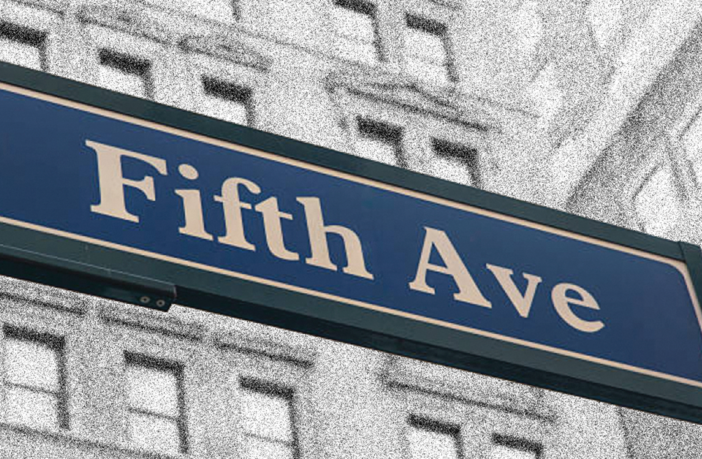Last Updated on July 2, 2024 by BVN
Overview: The U.S. Supreme Court ruled that former President Donald Trump has absolute immunity for “core” presidential activity, including his discussions with the Justice Department as he worked to overthrow the results of the 2020 Election. The ruling prevents lower courts from considering Trump’s motives and makes it difficult for the Justice Department to prevail in its January 9 case against the former president. The decision also prevents lower courts from considering Trump’s motives regarding January 9, 2020, and gives the former president ammunition to argue he never intended to overthrow the election.
S.E. Williams
“I could stand in the middle of Fifth Avenue and shoot somebody, and I wouldn’t lose any voters, OK?” former President Donald J.Trump proclaimed during a campaign event in Sioux Center, Iowa in January, 2016. “It’s, like, incredible.”
Although it seemed ridiculous and very far-fetched at the time, many were understandably concerned that Trump truly believed what he said. Once elected president, he began to test the limits of his power.
Even after being impeached twice by the U.S. House of Representatives during his one term in office, both times he was acquitted on all counts by the U.S. Senate, leaving little doubt that his statement about his proposed immunity in relation to his Fifth Avenue scenario was proving to be true.
It wasn’t until the end of Trump’s first term, after he’d clearly lost his bid for reelection and was desperate to retain power, that Trump took his testing the limits on his power to the extreme. This was clearly evidenced by his role in igniting the deadly January 6, 2021, attack on the U.S. Capitol. His purported goal, to prevent a joint session of Congress from counting the Electoral College votes–an essential part of the process necessary to formalize the victory of then President-elect Joe Biden.
“From Watergate we learned what generations before us have known; our Constitution works. And during the Watergate years it was interpreted again so as to reaffirm that no one – absolutely no one – is above the law.”
Although Trump now stands convicted of no less than 34 felonies related to fraud under campaign finance laws, the probability that he will ever serve time in jail remains unlikely.
On Monday, July 1, the U.S. Supreme Court gave Trump the validation needed for him to state with confidence, that what he expressed to supporters in Sioux Center, Iowa in 2016, was true. That the former president is above the law despite today’s protestations from Chief Justice John Roberts in a failed attempt to minimize the impact of the ruling.
“The president is not above the law,” Roberts wrote on behalf of the high court’s conservative majority. His words, however, did not match the court’s action. In a 6-3 decision, the Supreme Court ruled that for “core” presidential activity, Trump basically has the absolute immunity he’s claimed all along. As a result, Trump’s discussions with the Justice Department, as he worked fiendishly to overthrow the results of the 2020 Election, were covered with this absolute immunity.
For other presidential actions and customary powers, the high court confirmed there is at least some immunity. The justices however, primarily deferred considerations in this area to the lower courts to sort things out.
The court’s ruling also made it clear that, “Congress may not criminalize the president’s conduct in carrying out the responsibilities of the executive branch under the Constitution.”
The majority further determined any official acts facilitated by the former president cannot be considered as evidence in a potential trial. This will make it extremely difficult for the Justice Department to prevail in its January 9 case against the former president.
Finally, this ruling prevents lower courts from considering Trump’s motives regarding January 9, 2020. Giving the former president ammunition to argue he never intended to overthrow the election.



